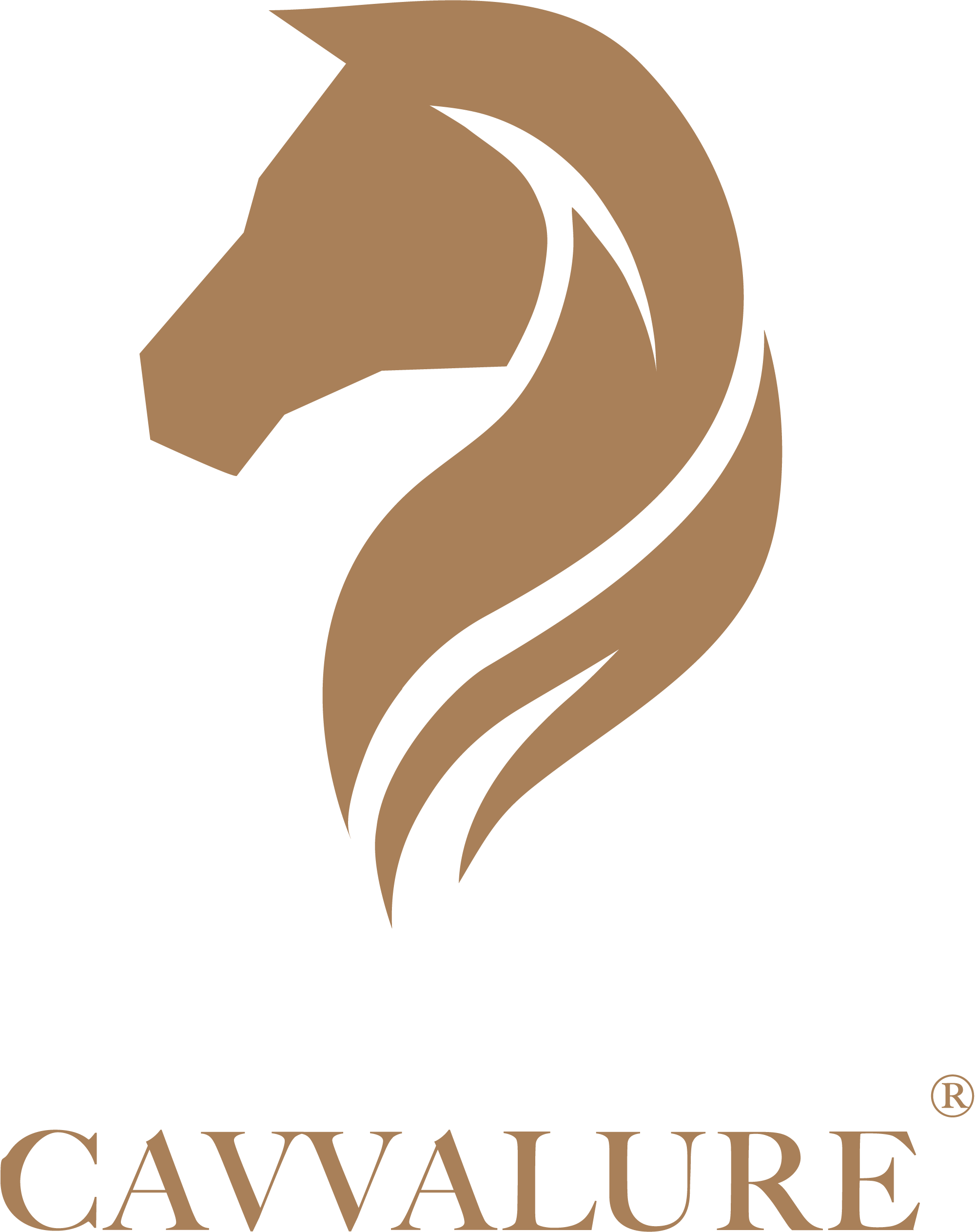Can Horses Drink Coffee? A Look at Caffeine and Your Horse’s Health
As horse owners and lovers, we all know how much we rely on our daily cup of coffee to fuel our day. But have you ever wondered, can horses drink coffee? After all, horses and humans have different dietary needs, and what works for us might not be suitable for them. So, let's take a closer look at the potential effects of coffee on horses and why it’s not the best idea to share your morning brew with your equine friend.
1. What Is Caffeine, and Why Does It Affect Horses Differently?
Caffeine is a natural stimulant found in coffee, tea, and some energy drinks. It works by stimulating the central nervous system, which can result in increased alertness and energy levels for humans. For horses, however, caffeine is not something their bodies are designed to process.
While humans can tolerate caffeine in moderate amounts, horses are much more sensitive to it. Their digestive systems are not built to break down caffeine effectively, and consuming it can lead to serious health issues.
2. Why Horses Should Avoid Coffee (and Other Caffeinated Drinks)
Horses are herbivores with a very specific digestive system that thrives on grass, hay, grains, and other forage. Introducing substances like coffee into their diet can have negative effects. Here’s why caffeine is dangerous for horses:
Toxic Effects of Caffeine on Horses
Caffeine is considered toxic to horses in relatively small quantities. When ingested, it can cause symptoms such as:
- Increased heart rate (tachycardia)
- Restlessness and hyperactivity
- Sweating
- Increased respiration
- Digestive upset (e.g., colic)
- Potentially more serious effects like muscle tremors or seizures
In extreme cases, caffeine poisoning can even lead to death, making it a major health risk for horses.
Caffeine's Impact on Horse Metabolism
Horses are not equipped to metabolise caffeine efficiently. Unlike humans, their livers are not capable of breaking down caffeine quickly, meaning it can stay in their system longer and cause a prolonged toxic effect. This can lead to potentially severe consequences for your horse's health, particularly if they are given caffeine regularly or in large amounts.
3. What Should You Feed Your Horse Instead?
Instead of giving your horse coffee or other caffeinated drinks, stick to their natural diet of hay, grass, and specially formulated feed. Horses need a balanced diet that provides essential nutrients to support their energy levels, bone health, and overall well-being. If you're looking for a way to boost your horse's energy levels or improve their performance, consult with your vet or equine nutritionist for safe and appropriate supplements that are tailored to their needs.
4. Signs That Your Horse Might Be Sick from Something They Ate
If your horse somehow manages to ingest coffee or other toxic substances, keep an eye out for the following symptoms:
- Unusual restlessness or excitability
- Excessive sweating
- Increased heart rate or rapid breathing
- Colic or gastrointestinal discomfort
- Muscle tremors or shaking
- Seizures (in severe cases)
If you notice any of these signs, it’s important to contact your vet immediately. They will be able to assess the situation and provide the necessary treatment to help your horse recover.
5. The Bottom Line: Keep Coffee Away From Your Horse
While it might be tempting to share a sip of your coffee with your horse, it’s best to keep caffeine away from their diet altogether. Horses have very specific nutritional needs, and caffeine can cause more harm than good. Instead, focus on providing your horse with a healthy, balanced diet that supports their natural energy and health.
So, next time you're enjoying your cup of coffee, remember that your horse would be much happier with a few tasty apples or carrots instead!

